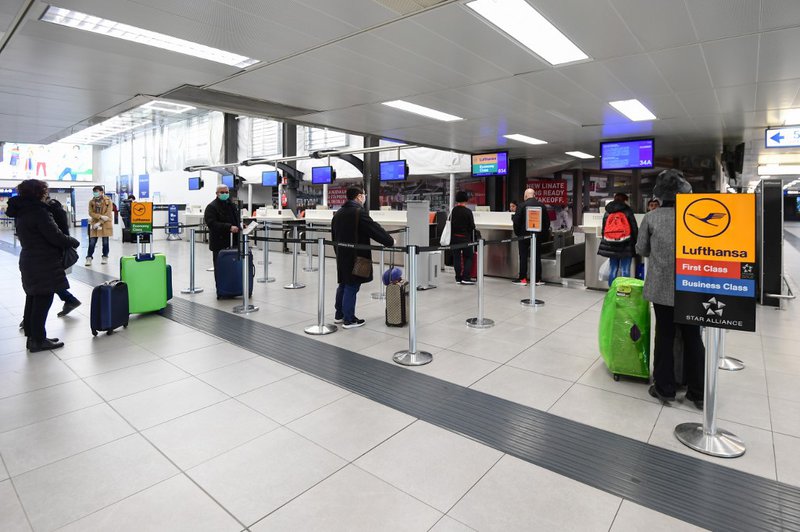Coronavirus: Your guide to social distancing
Updated | By Andrew Robertson and Nothando Mkhize
Social distancing has become a buzz phrase amid the coronavirus
pandemic. Its been catorgorised, by officials, as the most effective measure to
safeguard oneself and others from contracting COVID-19 – though, questions
around its implementation have come into the spotlight, especially on how it
can be executed at work, home, church or at any other gathering.

President Cyril Ramaphosa, during his National State of Disaster announcement on Sunday, said gatherings of over one-hundred people are prohibited. KwaZulu-Natal officials, recently said anyone who has been found to have disobeyed the President’s orders with be dealt with.
Countries around the world are implementing tough measures to curb the spread of the virus. United States President, Donald Trump restricted gathering of more than ten people.
To date, latest global figures say there are over 8 000 deaths and close to 200 000 infections.
READ: SA coronavirus cases jump to 116, local transmission rise
The World Health Organisation, who have confirmed two cases at its headquarters, says there are a number of measures global citizens can practice in a bid to prevent contracting or spreading of the novel coronavirus.
Some of the ways to practice this are by washing your hands, coughing into your elbows, avoid touching your face, staying at home if you're feeling sick- or by self-isolating.
The Centre for Disease Control and Prevention defines social-distancing as a practice of purposefully reducing close contact between people. The CIDC recommends the following:
- This can be done by –
*Staying at home when you are unwell.
*Avoiding mass gatherings.
*Keeping a distance of 1.5 metres between yourself and other people whenever possible.
*According to global statisitcs, seniors and people with pre-existing conditions are the most at risk of contracting the virus, so minimise contact physical contact where possible.
- Who is social distancing important for? -
*Social distancing is important for all of us, but those of us who are at higher risk of serious complications caused by COVID-19 should be especially cautious about social-distancing.
*People who are at high risk of complications include:
*Older adults.
*People with pre-existing conditions.
- How should I approach social distancing if I start to feel sick? -
*If you begin to experience symptoms, it's important to stay home and distance yourself from others.
*The length of a typical quarantine period is 14 days.
*Always follow the guidance of your health care providers and local government.
** If you think you have been exposed to the COVID-19 virus, call the 24-hour hotline on 0800 029 999

Show's Stories
-
Protecting teens online: A guide to parental controls
Parents, it's time to take control of your teen's online safety. Here’s ...
Stacey & J Sbu 1 day, 9 hours ago -
Woman shares how she bought her first car with cash at 24
What an inspiration to those trying to save and make ends meet. It just ...
Danny Guselli 1 day, 10 hours ago